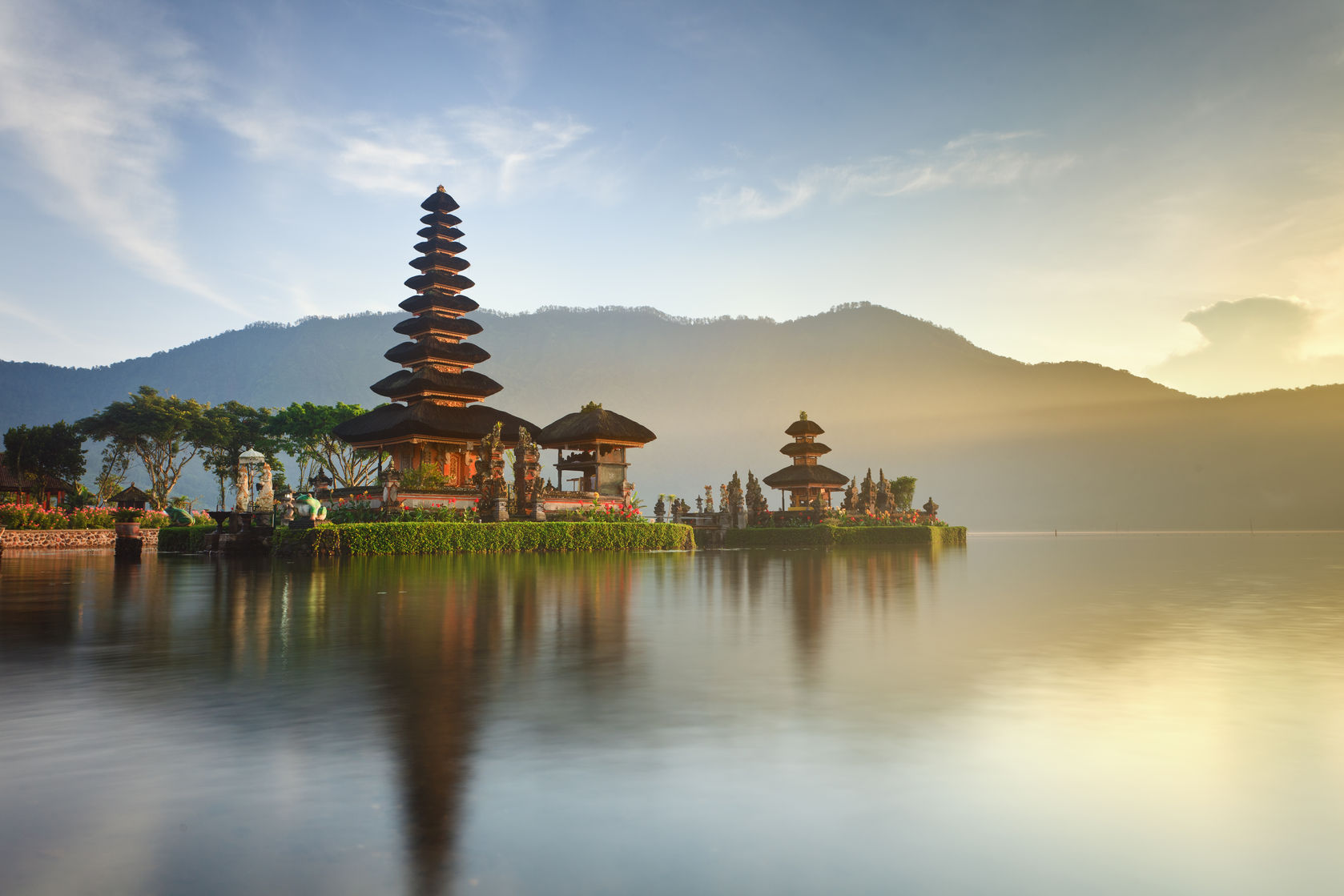Eight years ago, the Government of Indonesia (“GOI”) issued Government Regulation No. 79 of 2014, dated October 17, 2014, regarding National Energy Policy (“NEP”), with the aim of achieving an energy mix of a minimum 23% renewable energy and a maximum 30% coal by 2025. According to Indonesia Energy Transition Outlook 2022, from the Institute for Essential Services Reform, Indonesia is still well short of this goal, with renewable energy making up just 11.2% of the primary energy mix. However, the GOI further declared its commitment to boost renewable energy development in 2021, at the 26th Conference of the Parties of the United Nations Framework Convention on Climate Change (“COP 26 UNFCCC”).
When the NEP was enacted, there was no clear regulatory framework on how the energy mix target would be achieved. Now the GOI has issued Presidential Regulation No. 112 of 2022, dated September 13, 2022, regarding the Acceleration of Renewable Energy Development for Electricity Supply (“RE PR”), which sets in stone the energy transition strategy in Indonesia. Besides an energy transition strategy, RE PR also contains provisions on (i) tendering for renewable projects, (ii) tariff mechanisms, and (iii) incentives provided for renewable energy projects.
We discuss key provisions of RE PR and the implications of this regulation in the first of a planned regular feature called Indonesia Renewable Energy Update.
Read the full article here.







